The Rise of Eco-Friendly Homes
In a world increasingly focused on environmental consciousness, the real estate industry is undergoing a transformative shift towards sustainable practices. The rise of eco-friendly homes is not merely a trend but a commitment to creating a greener and more sustainable future. In this article, we’ll delve into the growing significance of eco-friendly homes, exploring sustainable real estate trends that are shaping the way we build and live.
The Evolution of Eco-Friendly Homes
- Green Building Certifications: The demand for eco-friendly homes has led to the rise of various green building certifications such as LEED (Leadership in Energy and Environmental Design) and ENERGY STAR. These certifications ensure that homes are designed and constructed with a focus on energy efficiency, water conservation, and sustainable materials.
- Energy-Efficient Design: Sustainable homes are characterized by energy-efficient designs that utilize natural light, incorporate proper insulation, and integrate renewable energy sources such as solar panels. These features not only reduce environmental impact but also result in long-term cost savings for homeowners.
- Smart Home Technology for Sustainability: The integration of smart home technology allows homeowners to monitor and control their energy consumption. From smart thermostats to energy-efficient lighting systems, technology is playing a crucial role in making homes more sustainable and reducing overall energy usage.
Sustainable Real Estate Trends
- Adaptive Reuse and Renovation: A key trend in sustainable real estate is the adaptive reuse and renovation of existing structures. Converting old industrial buildings into modern, energy-efficient lofts or repurposing warehouses for residential use reduces the environmental impact of new construction and preserves historical structures.
- Net-Zero Energy Homes: The concept of net-zero energy homes is gaining momentum. These homes are designed to produce as much energy as they consume, often through the use of solar panels and other renewable energy sources. Achieving net-zero energy status is a significant step towards creating self-sufficient and environmentally friendly residences.
- Community-Oriented Sustainable Developments: Sustainable real estate trends are not only about individual homes but also extend to entire communities. Developments are increasingly incorporating green spaces, community gardens, and sustainable infrastructure to create environmentally conscious neighbourhoods that promote a sense of community and well-being.
Benefits of Eco-Friendly Homes
- Reduced Carbon Footprint: Eco-friendly homes significantly reduce the carbon footprint associated with traditional construction and energy usage. This reduction is achieved through energy-efficient designs, sustainable building materials, and the use of renewable energy sources.
- Lower Utility Costs: While the initial investment in eco-friendly features may be higher, homeowners typically experience lower utility costs over the long term. Energy-efficient appliances, solar panels, and smart home technologies contribute to reduced monthly expenses, making sustainable homes economically appealing.
- Health and Well-Being: Sustainable homes often prioritize indoor air quality and natural lighting, contributing to the health and well-being of occupants. The use of non-toxic building materials and the incorporation of green spaces enhance the overall living experience.
Challenges and Future Outlook
- Cost Barriers: Despite the long-term cost savings, the initial cost of implementing eco-friendly features can be a barrier for some homeowners. However, as technology advances and demand increases, costs are likely to decrease.
- Changing Regulations: The real estate industry is subject to evolving regulations related to sustainability. Keeping up with these changes is crucial for developers and homeowners alike to ensure compliance and access to incentives.
- Emerging Technologies: The future of sustainable real estate holds promise with the continued development of innovative technologies. From advanced energy storage solutions to new materials with lower environmental impact, ongoing research and development will shape the next wave of eco-friendly homes.
The rise of eco-friendly homes is more than a passing trend; it’s a fundamental shift towards creating sustainable, resilient, and energy-efficient living spaces. From energy-efficient designs and green building certifications to smart home technologies and community-oriented developments, the real estate industry is embracing a greener future. While challenges exist, the benefits of eco-friendly homes extend beyond individual homeowners to positively impact the environment and communities at large. As sustainable real estate trends continue to evolve, the prospect of living in eco-friendly homes is becoming not just a choice but a collective responsibility towards a more sustainable planet.
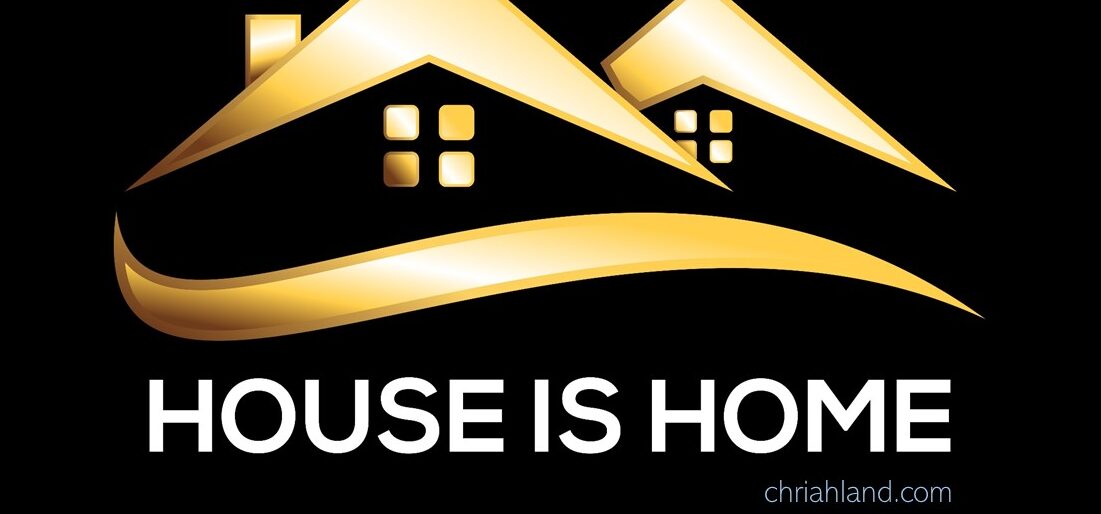
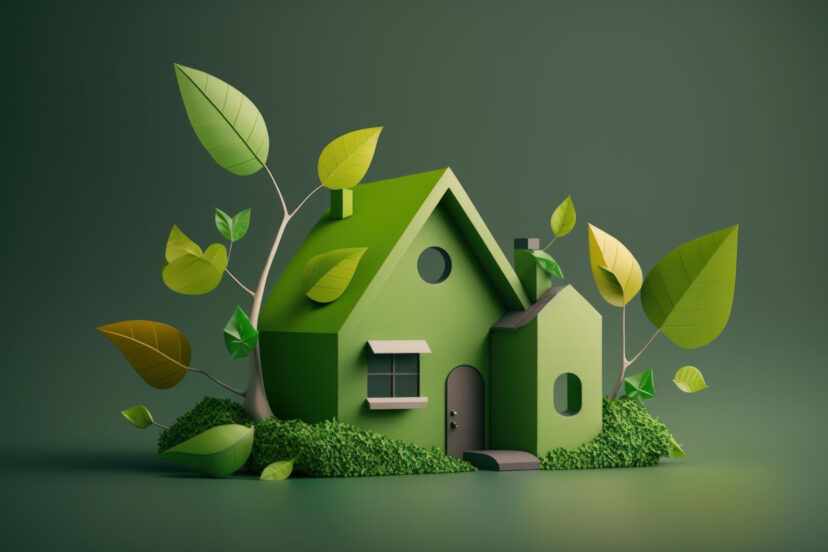
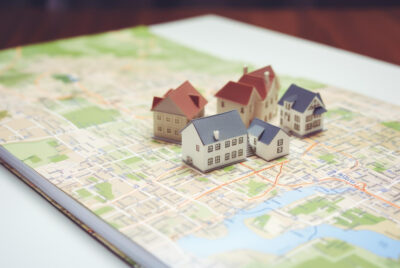
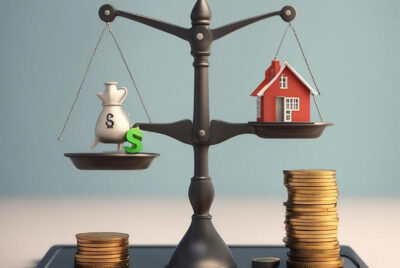
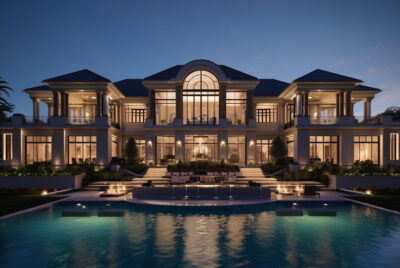
Comments are closed.